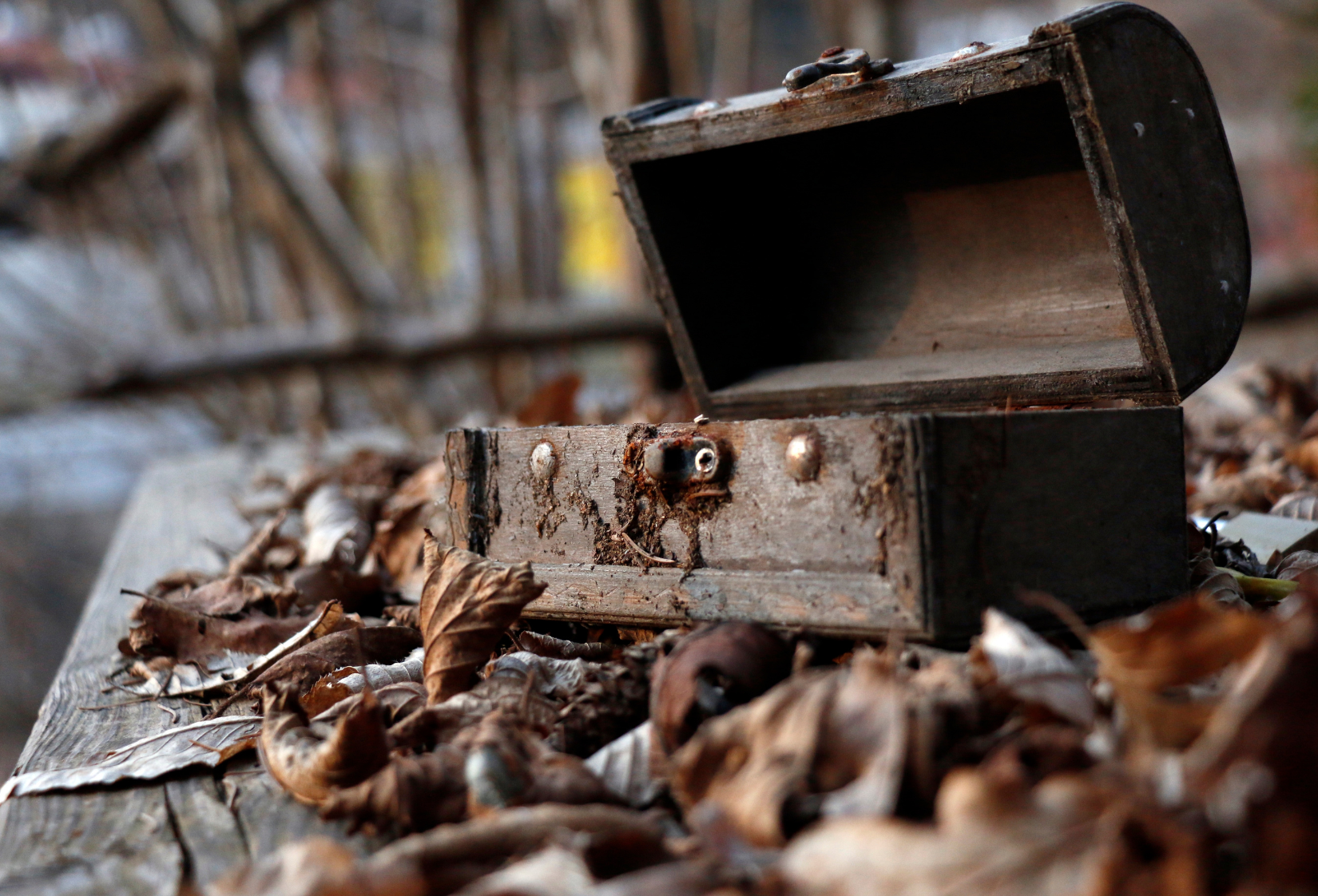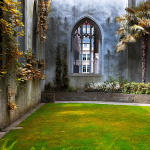Ethan had spent decades repairing the intricate mechanisms of timepieces, but retirement left his days quiet and purposeless. One afternoon, a package arrived at his doorstep—a worn box containing an antique clock missing its hands and a note:
“For those who seek balance. Fix what is broken, and time will flow in harmony.”
Curious, Ethan examined the clock. Its gears were jammed, the glass face cracked, and the hands nowhere to be found. Though he initially dismissed it as a prank, the craftsmanship of the piece intrigued him. He decided to restore it.
The first challenge was a gear clogged with dust, causing the clock to resist ticking. As Ethan cleaned it, he thought about his regrets—choices left unresolved, relationships strained by time. Just as the gear needed careful attention, so did his unspoken apologies.
Next came the cracked glass face. While replacing it, Ethan saw his reflection in the fragments. He realized how vulnerable he’d become, hiding from life’s unpredictability. Replacing the glass felt like peeling away the barriers he’d built over the years.
Finally, Ethan faced the missing hands. As he shaped replacements, he realized their absence symbolized his lack of direction since retirement. He resolved to give his days meaning, even if it meant starting small.
When the repairs were complete, Ethan wound the clock and waited. Slowly, it began to tick—not with the familiar measure of hours, but with moments: a child’s laughter, the warmth of sunlight, the sound of rain on leaves. It wasn’t marking time but celebrating life itself.
Ethan understood the clock’s lesson. Balance isn’t about strict schedules or perfection; it’s about flowing with life’s rhythm, embracing its highs and lows. That night, as the clock sat on his mantel ticking softly, Ethan felt a harmony he hadn’t known in years.
The clock had restored more than its mechanisms—it had restored him.


